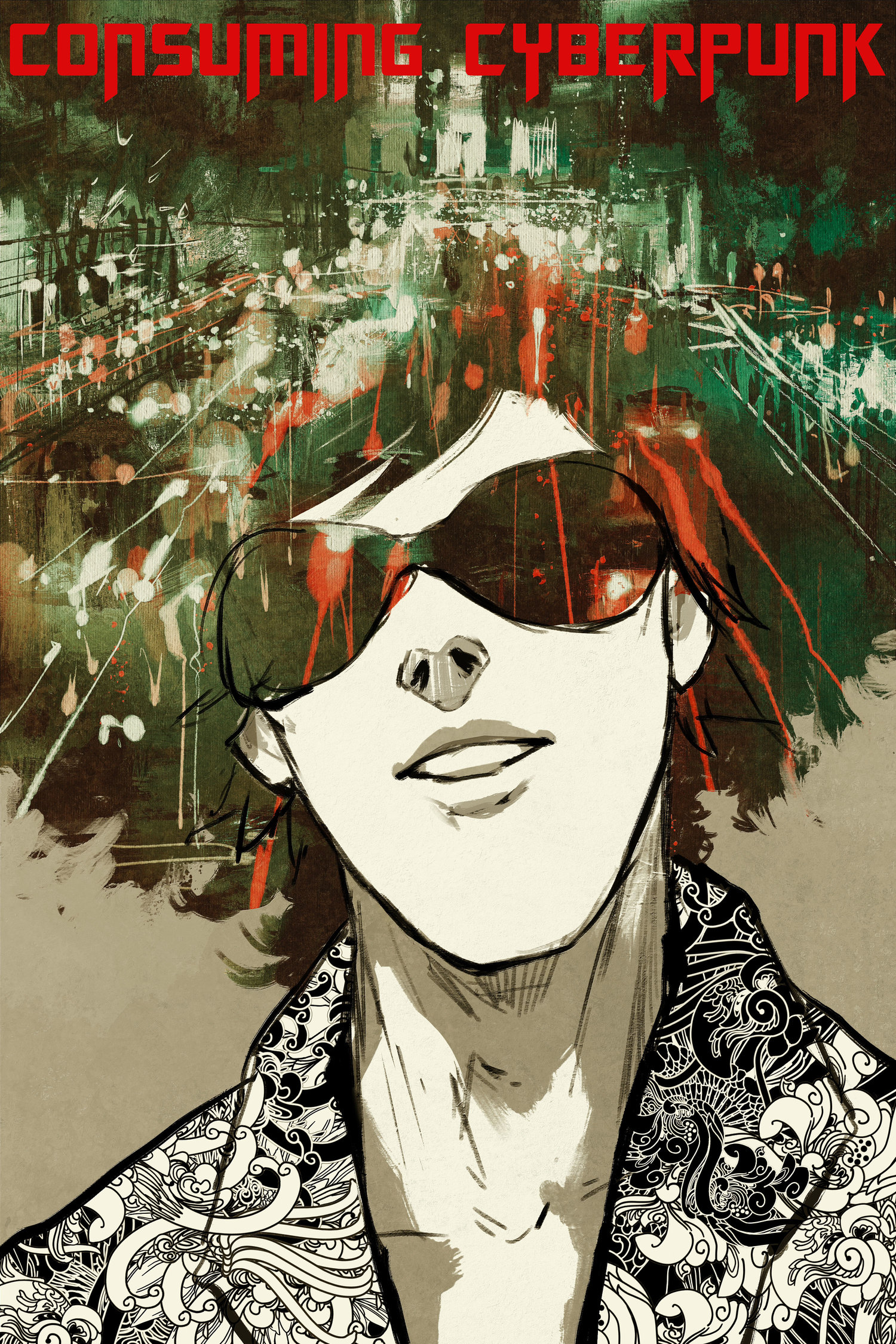Is The Dispossessed Proto Solarpunk?
“You cannot buy the revolution. You cannot make the revolution. You can only be the revolution. It is in your spirit, or it is nowhere.”
The anarchist collective on the planet Anarres migrated from the propertarian, capitalist planet of Urras when a previous revolution occurred. Rather than continue to contend with them, they have gifted this planet. Then, using the teachings of Odo, the center point of this revolution and who ostensibly is also responsible for structuring this anarcho-syndicalist society experiment, they establish this new way of living; retreating into themselves for generations.
“For we each of us deserve everything, every luxury that was ever piled in the tombs of the dead kings, and we each of us deserve nothing, not a mouthful of bread in hunger. Have we not eaten while another starved? Will you punish us for that? Will you reward us for the virtue of starving while others ate? No man earns punishment, no man earns reward. Free your mind of the idea of deserving, the idea of earning, and you will begin to be able to think.”
When Shavek, considered a brilliant and unparalleled physicist on both planets, decides to make the journey to Urras in order to finish his work, he must first figure out his place in a new society at odds with his way of life and way of thinking.
“You can’t crush ideas by suppressing them. You can only crush them by ignoring them. By refusing to think, refusing to change.”
The narrative is very clever, alternating between him negotiating this new space and how this society works and is perceived by an outsider, while also flashing back to his life back in Anarres, slowly exposing the ways in which life oppress and alter the citizens on both planets. There are many astute ways in which the author uses Shavek's own life events to communicate complex ideas and offers the merits of each society while presenting a condemnation of each.
The book is extremely well written and filled with a unique form of prose. The book was a pleasure to read and consume. But part of why I chose this book was to examine it in order to see if this was a proto solarpunk book. There are clear throughlines to cyberpunk, there has, in some ways, never been more of a punk protagonist. An actual anarchist! It's also subversive of typical cyberpunk protagonists generally in it for themselves but punk in that they are against establishment, authoritarianism, and capitalism. In this novel, Shavek is deeply wounded by society. It gets its hooks in him. Twisting his way of thinking and seducing him, attempting to commodify his work and ideas.
One definition of Solarpunk is: a movement focused on a positive, ecological vision for a future where technology is used for human-centric and ecocentric purposes.
So the punk part is pretty clearly covered. Where the solar part comes in is somewhat more questionable for me, initially. Sure the anarcho-syndicalist society is kind of covering that aspect. We could take a lot of those principles and integrate it into an extrapolated version of our own society and get results for a much more sustainable future. However... it's not really technology that's doing this, right? There is little talk of technology at all throughout most of it, in either planets' culture and infrastructure even, beyond trains anyways. Written in 1974, it makes perfect sense that the book certainly wouldn't place any particular significance on these things beyond the physics that Shavek dedicates his life to. But what they are after from Shavek is faster-than-light travel; specifically in their ships, which was given to them by an alien race.
Where this gets somewhat more clear is when another species or aliens are revealed: Terrans. They are Earth decedents which specifically state their planet is all but destroyed. An ambassador situated on Urras is the vehicle for the qualities of most solarpunk stories. A dystopic planet that seeks to get new technologies and cooperations from other forms of life to make their planet better.
“My world, my Earth is a ruin. A planet spoiled by the human species. We multiplied and fought and gobbled until there was nothing left, and then we died. We controlled neither appetite nor violence; we did not adapt. We destroyed ourselves. But we destroyed the world first.”
It is certainly atypical of the emerging genre. But when a lot of the sort-of meta-narrative of all these groups of people and species of humans, and their subsequent societies, are driving at getting this new technology for their own respective reasons. Some to conquer and establish superiority; others to forge a better life, and still, others to never allow for it to exist at all. There ends up being much more of a focus on technology than previously thought.
“Change is freedom, change is life.
It's always easier not to think for oneself. Find a nice safe hierarchy and settle in. Don't make changes, don't risk disapproval, don't upset your syndics. It's always easiest to let yourself be governed.
There's a point, around age twenty, when you have to choose whether to be like everybody else the rest of your life, or to make a virtue of your peculiarities.
Those who build walls are their own prisoners. I'm going to go fulfil my proper function in the social organism. I'm going to go unbuild walls.”
Furthermore, as such a seminal work of fiction, it seems to claim that solarpunk having roots here is highly plausible. It won many awards and was a major contribution to the genre. Before cyberpunk even existed. After it was established, to have a different sub-genre emerge which used this as a foundation instead of other seminal works credited to cyberpunk seems only natural.
It could not be more punk. And it shows optimism in the face of the fear of technology, doing a very good job at exploring the issue more thoroughly than some other cyberpunk works by having whole societies project their uses and desires onto an emerging, game-changing technology only one man, Shavek, can provide; a punk no less, wanting to start a revolution within an anarchist state built from the ground up from it's own revolution.
“It is our suffering that brings us together. It is not love. Love does not obey the mind, and turns to hate when forced. The bond that binds us is beyond choice. We are brothers. We are brothers in what we share. In pain, which each of us must suffer alone, in hunger, in poverty, in hope, we know our brotherhood. We know it, because we have had to learn it. We know that there is no help for us but from one another, that no hand will save us if we do not reach out our hand. And the hand that you reach out is empty, as mine is. You have nothing. You possess nothing. You own nothing. You are free. All you have is what you are, and what you give.”
You can also listen to the General Intellect Unit podcast episode that features a more comprehensive breakdown and discussion of the book (and features me as a guest!) here.

